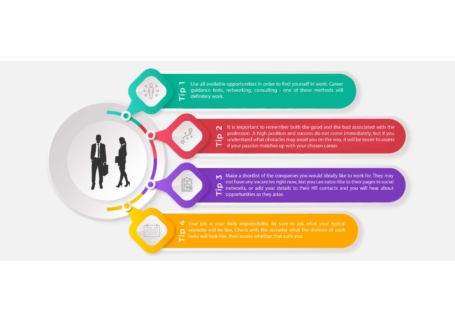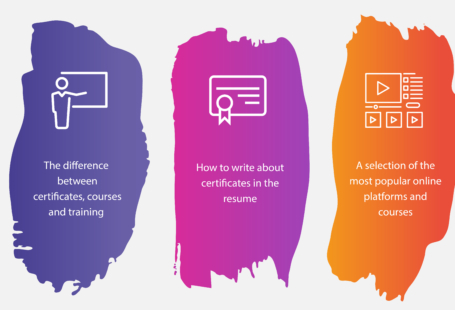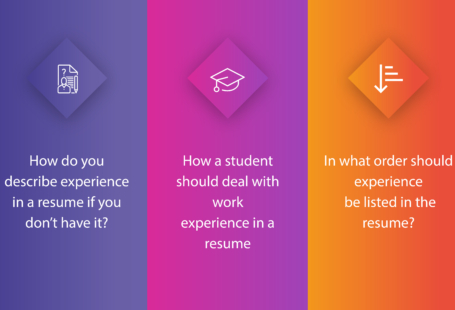… It seems that this candidate meets the requirements of the vacancy. He, in turn, likes the potential employer. The first impressions of the HR manager are good. However, while the prospective candidate does his best in the interview, a promising beginning ends in failure and often for rather ridiculous reasons.
The unfortunate turn a conversation takes, an incorrect response by the applicant to the question, the wrong interpretation, the speculation on both sides – all this prevents any possibility of a future relationship.
Would you run half a marathon without training? Would you rely on luck to pass an exam? (Although, to be fair, we’ve all done that!). The moral of the story is that, if you’re not prepared for an interview, you’re reducing your chances of success by at least half.
In this article, we will discuss interview questions that participants often fail to understand and discuss how to better respond to them. The material is useful to both job applicants and interviewers.
You will learn:
- What the main interview questions are and how to answer them
- How to properly respond to tricky questions
- Questions that are non-standard, banal, personal, about salary, etc
- Appropriate questions you can you ask for leadership positions
- Examples of the best interview responses
Frequently asked basic interview questions
All recruiters ask these questions. They appear as predictably as leaves on a tree in springtime.
Some of these questions have a completely incomprehensible purpose, even for the recruiter himself. Others can ruin a candidate’s experience of applying for a job.
“Tell us about yourself”
Probably about 99.9% of interviews start with this question. Here you need to briefly and succinctly say something about yourself. You can use the elevator pitch – read this article on how to use this technique in interviews.
Answer options:
Say why you chose this job. Share why you decided to go to graduate school. Discuss why you took a year off in Europe and what you gained from the experience. Focus on the key points of your resume. Present the conversation in a way that the interviewer understands not only WHAT you did, but also WHY.
Tip: To a standard question, a standard answer. Be prepared for an open-ended question that prompts you to be honest about yourself. Keep in mind that it is the interviewer’s responsibility to put a candidate at ease; it’s not your fault if you feel stressed.
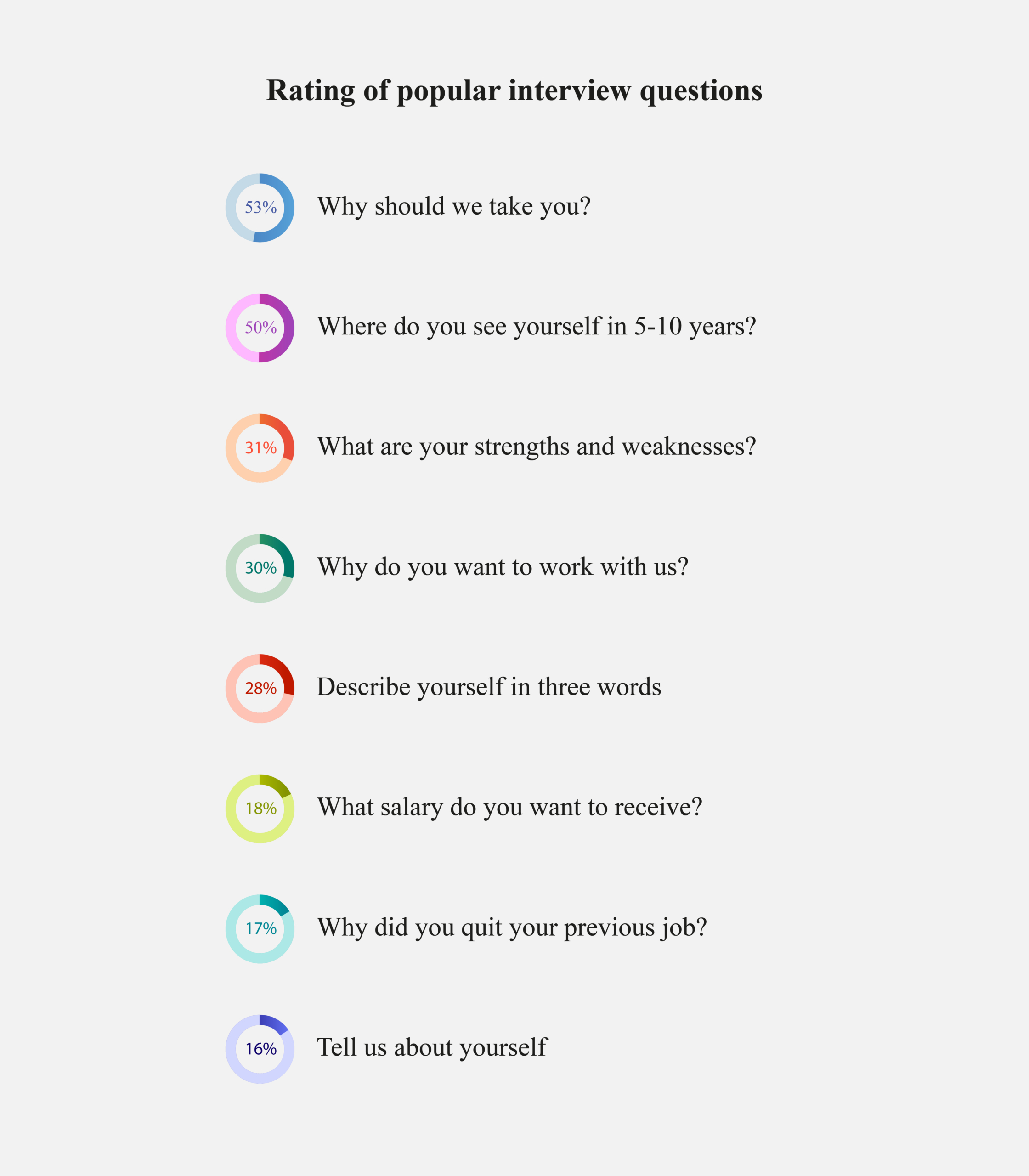
“What do you know about our company”?
This is a difficult interview question.
This question comes in different forms: do you understand the differences between the branches of our company? When did you first hear about our company? What can you tell me about our company? Do you understand the positioning of our company in the market?
The interviewer wants to know:
a) whether you did your research about their company
b) if you can describe the company well from the position of an informed outsider
c) if you can express what you know about the company in an interesting way
The best approach to answering this question is to do your own research. Get to know the organisation well enough to be able to summarise it in 30-60 seconds. Use the company website, LinkedIn and search engines.
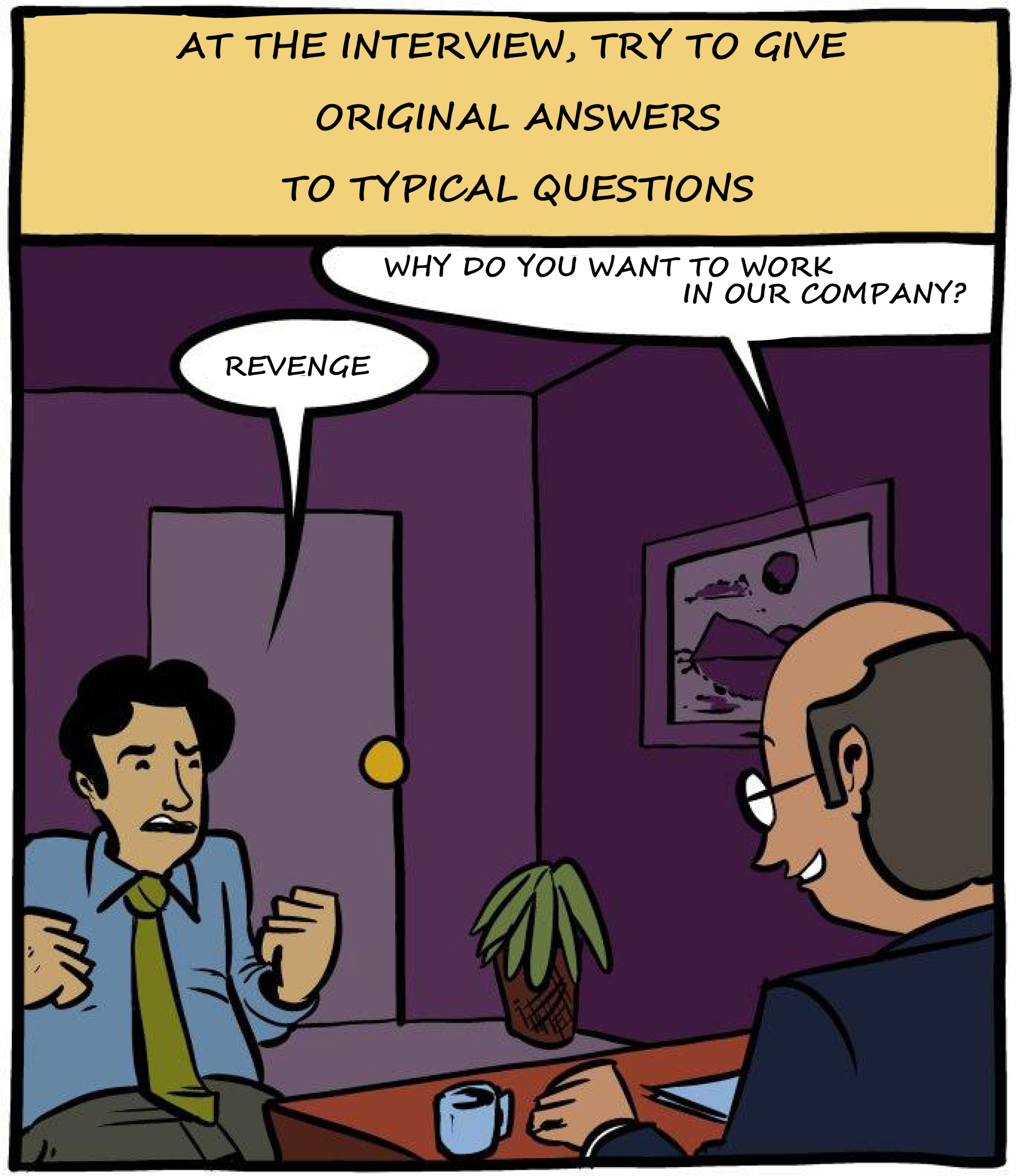
“Why do you want to work with us?”
If you already know everything about the company, this will help you find the answer to the question of why it is right for you. Reasons can include one or more of the following:
- General reputation of the company
- Key Leader Reputation
- Delight in products / services
- Admiration for company initiatives (marketing campaign, communities, training programmes)
- Company culture and values
- Company growth / success
Tip: If you feel that the company culture fits well with your own preferences and abilities, clarify this in an interview.
“Why should we hire you?”
(Other formats: What makes you different? Should we risk hiring you?)
The interviewer is giving you the opportunity to sell yourself. This is an open question, so you can follow several directions.
The best approach is to focus on your education, work experience and the skills and qualities that distinguish you from competitors. Any statements you make need to be supported by examples. Your response must be tailored to the needs of the employer.
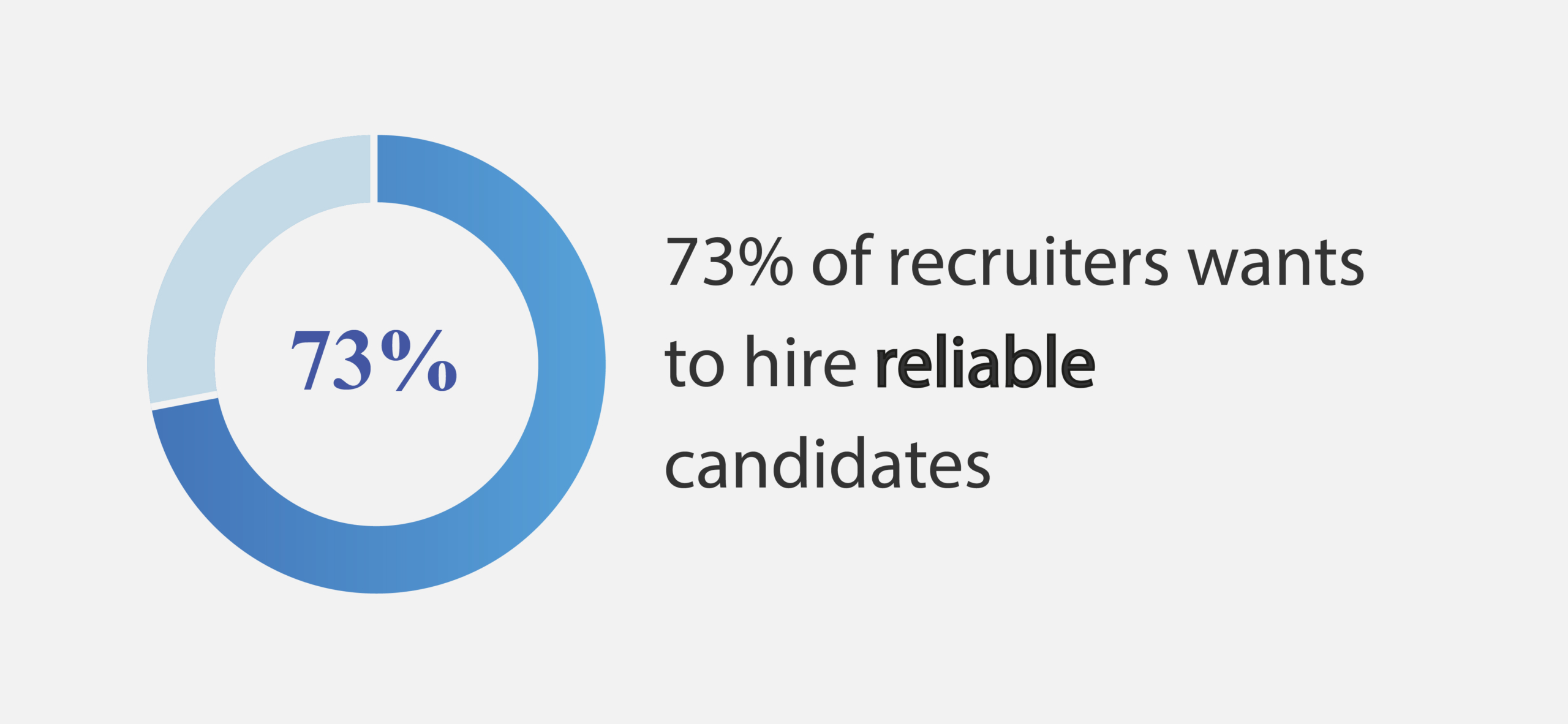
“Where do you see yourself in a few years?”
Although there may be many details in your future plans, the answer must be short. If the targets are too specific, it may limit your options, or make you less attractive than other candidates. As with all interview questions, consider how long it takes you to answer a question and avoid meaningless statements.
Tip: The indeed.com career guide asks you to identify long-term goals that are aligned with the growth of your particular company and the opportunities that the desired job offers. Take some time to write down your career goals, both short and long-term.
Here are a few questions to start with:
- What are you good at?
- What do you want to succeed in?
- What do you like best about your current job?
- What project are you most proud of?
- What skills or capabilities will you have in the next few years or decades?
Read more about career goals in this article.
“What are your strengths? / Tell us about your failures”
The key to answering this question is recognising that everyone has flaws. Hiring managers ask about your biggest weakness to gauge your self-awareness. Can you assess your current talent and identify areas for improvement?
You must strategically choose which flaws to share in your interview.
For example: For an accountant, suspicion can be an asset. For a sales manager, one can choose being too chatty as a disadvantage.
Read more about how to describe your shortcomings in your CV here.
Your strengths may be your professional skills, and we have a separate article about that. And don’t forget to mention personal qualities and technical skills; these are also your strengths.
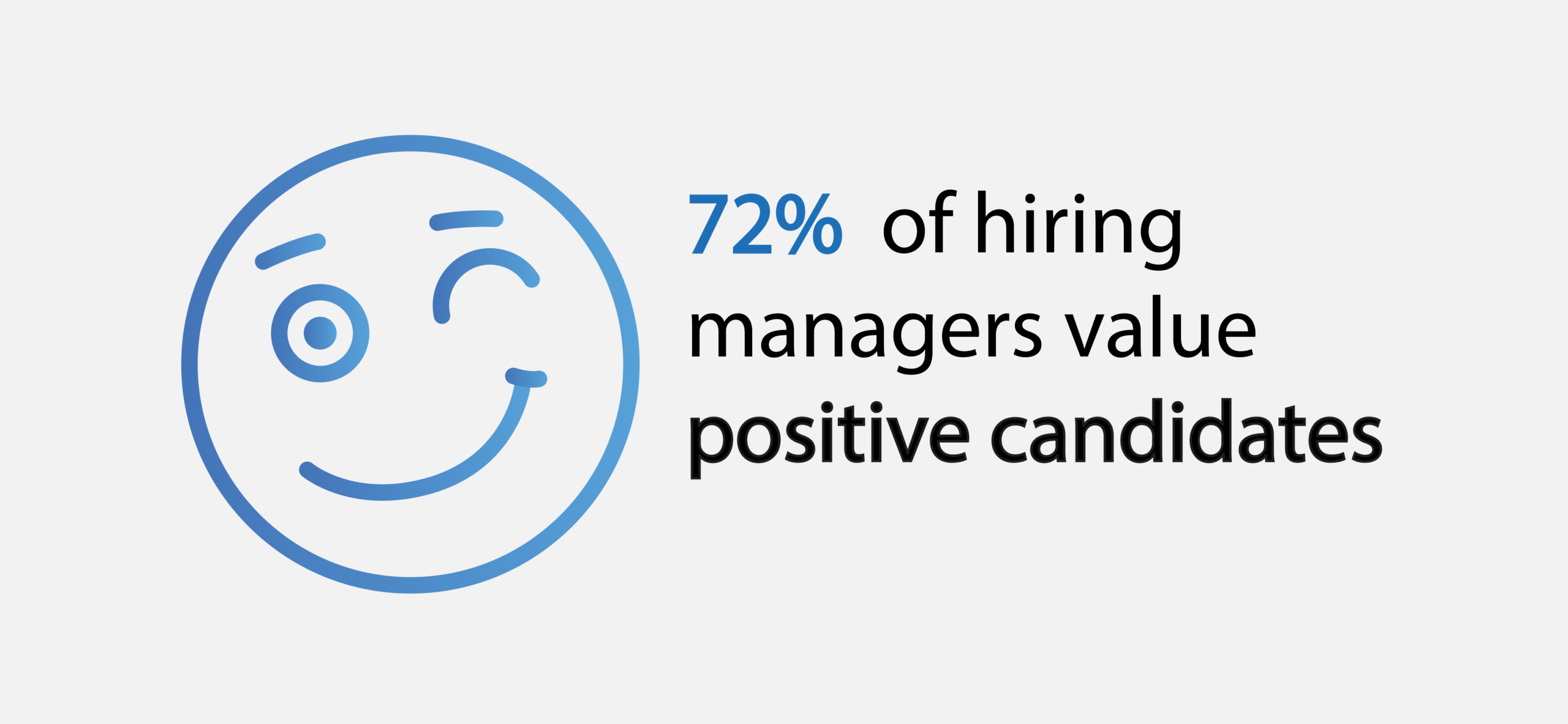
Tip: Choosing a weakness based on skills is an excellent option because you can take concrete steps to develop skills, such as taking a course or finding other opportunities to improve your skills in this area.
“Do you have offers from other companies?”
You may have guessed that this question is being asked to ascertain how much demand there is in the industry for your specialist services, as well as how serious you are about your work.
Tip: You can just mention that you are considering several options in your industry. It is important to note that the jobs chosen provide the prospect of applying the abilities and skills that you possess.
“What do you value most in your team?”
At this stage, the recruiter wants to test how quickly you are able to integrate into the culture and how strong your cooperation and communication skills are. Now is not the time to talk about your love of partying at work. Tell them what you are ready to teach new colleagues, or what kind of help you are counting on.
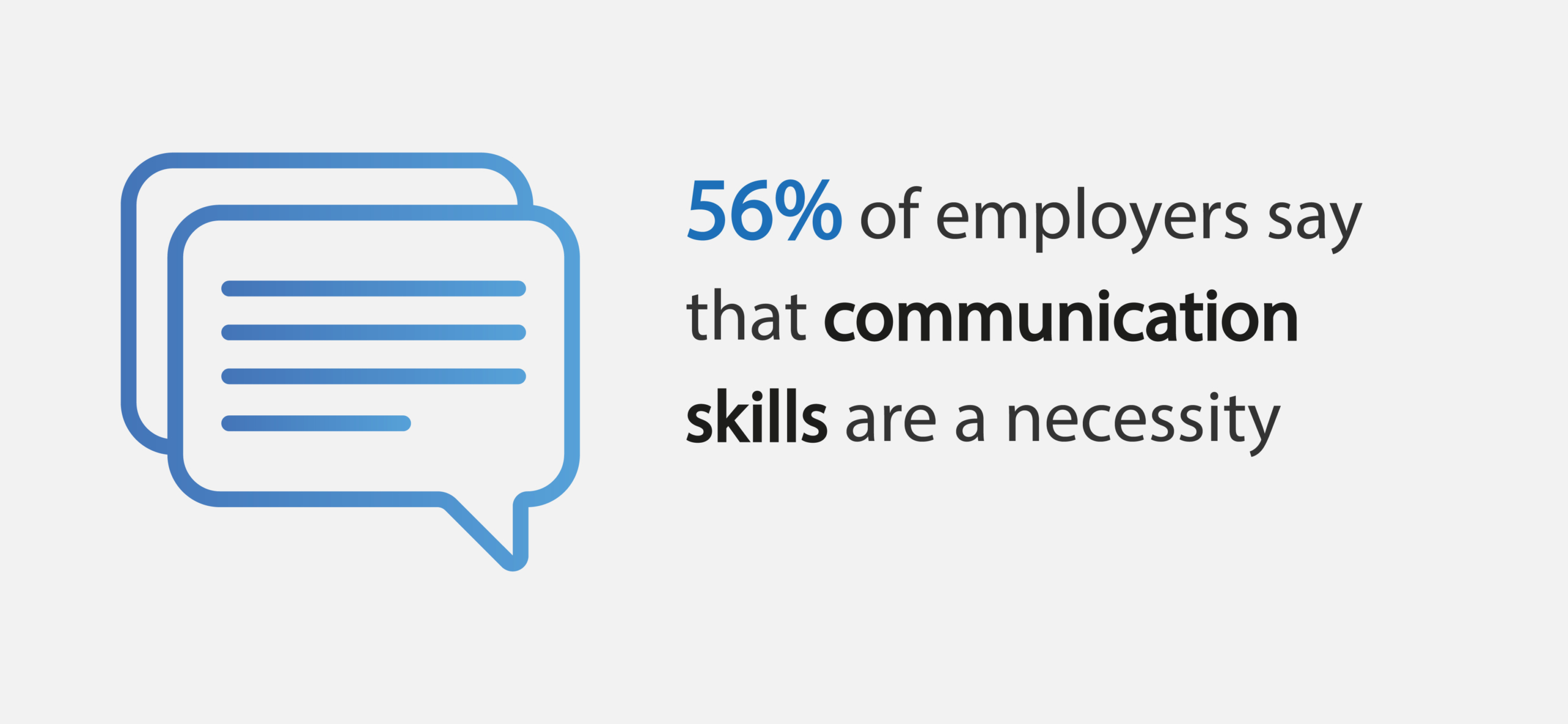
Tip: Most recruiters will recognise a socially desirable answer when they hear one so they will often ask you to give real examples and details. Usually, two-thirds of the applicants are unprepared for this.
Watch a short and amusing video about the origin of interviews: is it true that the most common questions and answers are rooted in history?)
Situational questions at the interview
CareerBuilder Study conducted research among 2,138 hiring managers. The survey examined 10 of the best qualities that employers value most.
Situational questions and interview responses assess your strength in these areas. These questions can also be worded as «Tell me about the time when….»
Tip: The simplest way to answer a situational question is to give an example from your experience. To do this, use the STAR approach: talk about the situation or the problem (ST), the action you have taken (A), and the results you have achieved (R). That’s what makes your interview unique and your answer brilliant!
Question: «Did you have to cooperate with a colleague who was difficult to work with?»
(Decision) I took the time to learn about his personal life. Turns out he’s going through a rough divorce. From the time I started working with him, he was a really great employee.
(Advantage for employer) We worked so well together that we became the most efficient couple of programmers in the company.
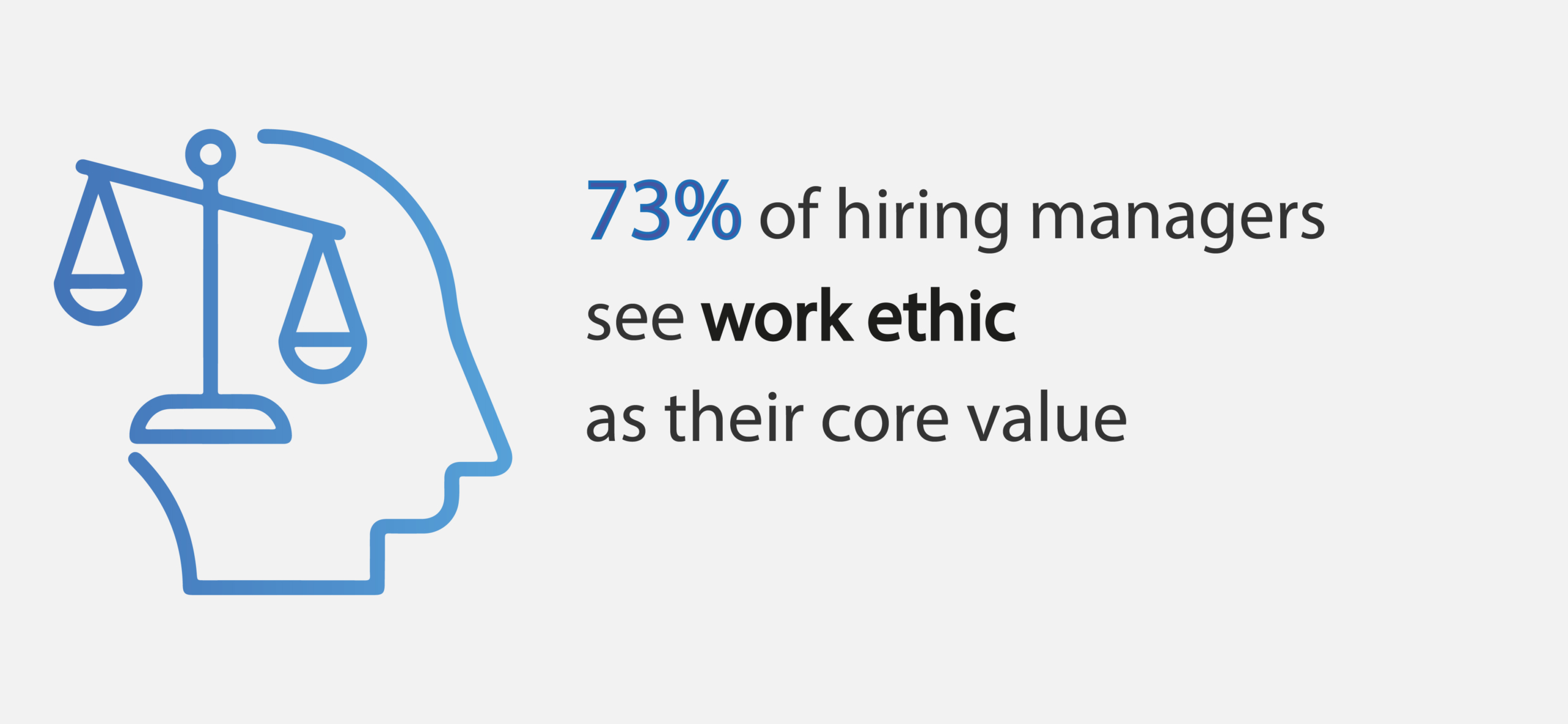
Question: Tell me about a time when you had to choose something other than a good job.
How do you prepare for situational interview questions?
Remember the main principle: “Problem-Action-Result”
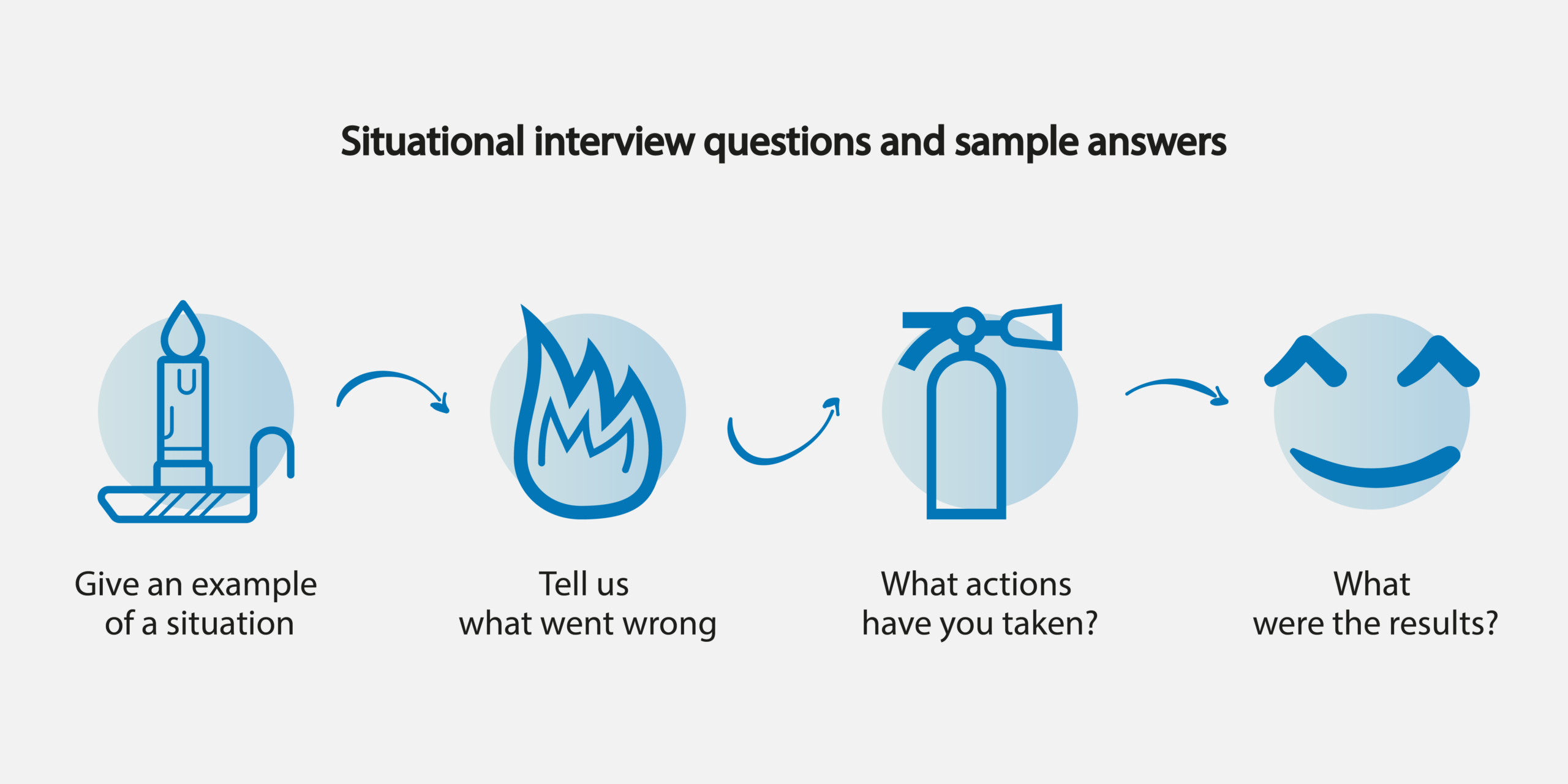
Background questions and non-standard interview questions
They are often asked to test a candidate’s ingenuity or technical knowledge. For example, one of the questions in Apple’s interview for the position of global supply manager was: «How many babies are born every day?» The candidate for construction engineers was asked «Are you smart?»
«What is more important, solve the client problem or create a good client experience?» was a question for the candidate for Apple At Home Advisor.
There are other tricky questions in the interview:
- Do you keep a stash in a biscuit tin?
- Find point G by binary search.
- How would you personally tackle the problem of world hunger?
- What are five uses for a stapler without staples?
- How much is 37 times 37?
- You have a bouquet of flowers. How many flowers are in your bouquet if all of them, except two, are tulips, all but two are daisies, and all but two are roses?
Let’s see what we do when we meet these questions:
- Buy time. Remember that you don’t have to voice your first reaction. If you are faced with a difficult question in terms of content, ask for it to be repeated, or paraphrase it yourself and clarify the correct understanding. And then, ask for a minute to think. It will give you much-needed time to collect your thoughts.
- Divide it into parts: A tricky question can usually be broken up and answered in parts. Experience shows that often a complex question is asked by recruiters, who put the necessary information in the last part of their question.
- Get the other person involved in thinking. It is very important to understand that the point of a tricky question is to understand how you think rather than to get the answer itself. Therefore, treat it as a joint reflection and involve the recruiter. Just start looking for an answer. The recruiter’s reaction or participation will involuntarily show you how you are coping.
- An open question can be flipped in your favour. You can answer a question in such a way that it turns over the meaning of what was asked.
This is what Diego Velázquez did when he was a painter at the court of King Philip IV. One day, the King summoned him to his room and asked him with concern:
— Tell me, Maestro, what do you think of the conversation at court? They say you can’t paint anything but heads. Is that true?
— With your question, Your Majesty gives me too great an honour. I’ve never met a man who can paint heads the way I can.
A selection of successful responses to tricky recruiter questions from “WikiJob”.
Salary interview questions
Oh, these conversations about money, this bargaining with the opposing interests of the seller and the buyer! It is clear that you are acting here as a seller of yourself. Therefore, you must understand a little about the labour market: how much does an average specialist get in this position, in this region? Then, determine your place on the scale and negotiate.
Ask for more? Explain what unique professional or personal skills entitle you to ask for more than the going rate. Show the concrete results of your work or the testimony of others about it and demonstrate how your hard work/diligence have exceeded expectations.
Deliberately lower the bar? Then it should also be clear. Let’s say this job is not quite what you did before but will help with your professional development (“Then we can agree that in n months you will reconsider if the results increase?”). Or perhaps you would like to find a more convenient schedule, better working conditions / location? All of these are the terms of your deal, and they need to be stated (if you change you will be entitled to raise the issue of a remuneration review).
Tip: Remember the general rule of talking about money: whoever speaks first loses. So, ideally, don’t give a number. Instead, ask a counter-question about the vacancy budget. If the interviewer continues to insist, take a wide range and keep a more specific figure until later (after the test assignment, or following communication with your immediate supervisor).
An example of how best to answer this question:
Personal questions at the interview
- «Are you planning to have a baby?»
- «Why are you still single?»
- «What does your partner do for a living?»
- «What does your wife think of your career ambitions?»
- «Can you manage a team of men/influence women?»
In many EU countries and in the United States, such questions are either prohibited or considered very indecent. However, this type of questioning is still common practice in the CIS.
But see what’s behind these questions. Most likely, the recruiter wants to learn more about you as a person, and most importantly, how socially adapted you are, what your priorities and opportunities are, etc.
The most cautious option is to give a general answer (without numbers, dates, names). The more aggressive response (if indeed the question is outrageous) is to redirect the question to the recruiter. Let him be frank first! And the witty answer is to play it as a joke, voicing the recruiter’s worst fears:
“I did time for stealing from my last job. I just hope I can get maternity leave or I don’t have any money.” (said with a little smile, of course!)
Questions for management positions
Question: What type of management do you prefer?
Answer: I consider myself a mentor, always ready to help. I think we should lead the team forward, not backwards.
Question: Do you consider yourself a good leader?
Answer: I am focused on achievements and results. My strengths are my skills in planning, organisation and communication. How good a leader I am will be measured by the quality of my team’s work.
Question: Did you fire anyone?
Answer: There have been some such cases. Politely state the reasons why you thought it necessary to dismiss the individual(s).
Question: What’s the hardest thing about being a director?
Answer: I like complex challenges. It is difficult to plan and complete tasks that are limited by time or finance.
Question: What is your weakness?
Answer: I can be forgetful. But thanks to the creators of this app, I can now keep everything in here and not in my head (an honest and positive answer).
What should you ask a recruiter about?
When it’s your turn to ask questions, use this opportunity to find out more about a potential employer. Let your imagination work: you can ask for a tour of the office; to meet the best employee; for a demonstration of the latest project; to see the results of an advertising campaign, and so on. Also, this is a good time to clarify organisational issues such as work schedule, the likelihood of travel, employment conditions, etc.
How to answer interview questions correctly?
- Be short and avoid empty talk
- Respond in a friendly manner, as if reflecting / sharing experiences. Don’t defend yourself or make excuses
- Pause for reflection before answering (rephrase / clarify understanding of the question)
- Break difficult questions into their component parts and involve the recruiter in your thinking
How not to answer and what not to do in an interview?
Here are 11 mistakes that ruin a first impression in a job interview!
For a more detailed answer to the question of what not to do during an interview, read our article.


